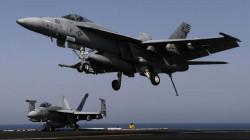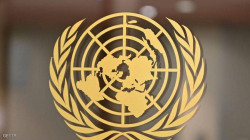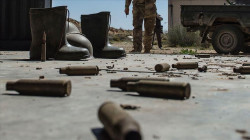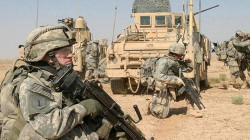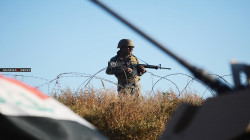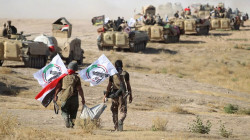The worst in ten years.. bitter crisis resurfaces in Al-Anbar
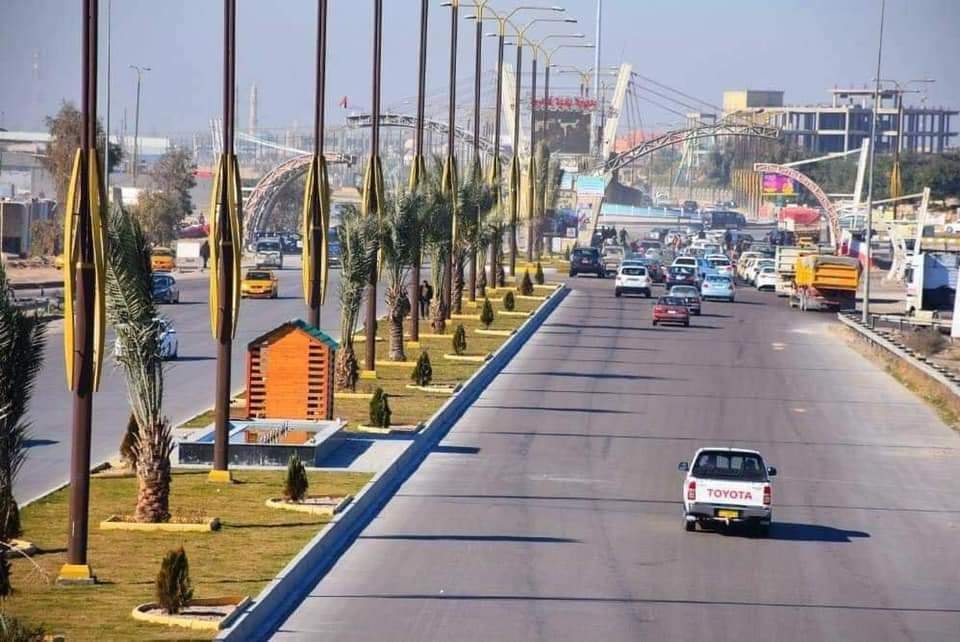
Shafaq News / Although more than five years have passed since Al-Anbar’s liberation from ISIS, the governorate continues to suffer from the effects of the war's extensive destruction of its infrastructure, perhaps the most prominent of which is the destruction of the power grid, which has caused a total lack of energy in several Upper Euphrates cities.
Residents of the Upper Euphrates cities, the name for cities far west of Al-Anbar, most notably (Al-Qa'im, Rutbah, Hit, Anna, Rawa, Alos, Jabba, Rummana, Hassiba, Haditha, and other towns), complained of poor electricity processing hours in several interviews with Shafaq News agency, and called on the local and central governments to rehabilitate the destroyed network rather than building malls and fountains.
"Ramadi is going through the worst period in terms of power supply in ten years: is very bad and does not fit the needs of the city and its residents at all," said Ibrahim al-Awsaj, the administrator of Ramadi district, the center of Al-Anbar governorate.
"The power supply duration in the city is very small and is of very low quality, due to the old transformers and wires, as well as the inability to rehabilitate many of the stations that have been suspended since the liberation of the city," al-Awasaj told Shafaq News agency.
Hussein al-Rawi, Rawa district’s administrator, said that the city suffers from a poor power supply, especially during the last three months, with merely one hour a day, referring it for, "the reliance of the city on the Haditha Dam located on the Euphrates River”, noting that as a result of the river’s low water levels, turbine number 2 was shut down, and only one turbine is working.
"We rely on civil generators, but after the governorate’s sudden decision to reduce the share of gas provided to generators from 35 to 10 liters per hour, it has become very hard to operate the generators for ten days," al-Rawi added, "We have called on the local government and the Oil Ministry to increase the share of gas in western cities, but we have not received a response until now.”
"Rutbah has been suffering from a total power outage since its liberation from ISIS until today, as the 300 km long power line between al-Qa’im and Rutbah, is completely destroyed and contains nearly 700 towers, 550 towers of which have been destroyed as a result of the war against ISIS," said Imad al-Dulaimi, Rutbah district’s administrator.
The city's electricity supply is dependent on a temporary diesel station that delivers electricity to residential neighborhoods by up to 50%," al-Dulaimi explained, adding that the population often relies on civil generators, which burden them because the price of one amper ranges between 10,000 and 12,000 dinars per month.
On the possibility of rehabilitating power lines in Rutbah, al-Dulaimi said, "It is hoped that work on the electrical agreement with Jordan will be initiated in the coming days, as it will be connected from al-Reesha Station in Jordan to Trebil, then Rutbah and al-Qa’im districts.”
He also confirmed, “The necessary preparations and plans have been completed, as well as the GBS sites, the company's location, the reconnaissance of the sites, and electricity is expected to reach Iraq from Jordan by the end of the current year.”
Khaled Fakhri, director of the Upper Euphrates electricity distribution, stated, "The reason for the low power supply in western areas is the destruction of the (Haditha- west of Baghdad) and (Haditha-Baiji) lines following the war against ISIS, as well as the destruction of the power transmission towers, which have not yet been rehabilitated, and have made these areas isolated from the country's cities."
"The upper Euphrates regions are totally dependent on the electricity plants available there: the Haditha Dam hydroelectric station, and the Mukhlis Kafi diesel plant," Fakhri told Shafaq News agency.
He also clarified, "The decrease in the energy produced from the hydroelectric station is due to the low water levels. This has nothing to do with the Ministry of Electricity because it is well known that we are going through a drought and the rivers’ water levels have decreased significantly. As for the Mukhlis Kafi diesel plant, it is in dire need of rehabilitation, and the Ministry of Electricity has concluded a contract with one of the companies, to rehabilitate the plant. Still, its completion needs time and huge sums of money."
"There are solutions, but they require time, including introducing the Ukaz station to operate it before the next summer, and rehabilitating the Mukhlis Kafi diesel station. Also, it is likely that the start of the rehabilitation of the Haditha- west of Baghdad lines will be approved, all of which are sure to increase the energy supply hours in the western region," Fakhri concluded.
